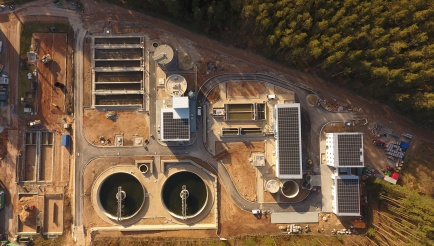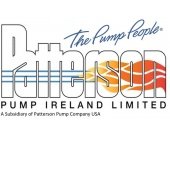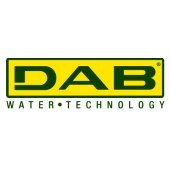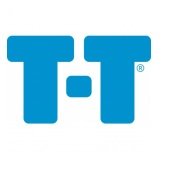Controlling an energy-intelligent wastewater treatment plant
 The ABB Ability OPTIMAX energy management system has unlocked efficiency potential at the Schwarzenbruck wastewater treatment plant in Germany, controlling and optimising energy flows.
The ABB Ability OPTIMAX energy management system has unlocked efficiency potential at the Schwarzenbruck wastewater treatment plant in Germany, controlling and optimising energy flows.
Treating and processing wastewater to make it safe to return to the watercourse takes a lot of energy. Research has shown that wastewater plants consume up to 3% of global energy output. When connected, state-of-the-art facilities can consume 20-45 kWh per population equivalent (PE) a year. Improving the processes through the latest technologies to increase productivity, reduce energy usage, minimise losses and optimise the use of chemicals, is an integral part of achieving the overall sustainability goals. In September 2022, the German sewerage association, Schwarzachgruppe, put its energy-intelligent wastewater treatment plant in Schwarzenbruck into operation. The new wastewater treatment plant is an environmental innovation showcase project, which automatically balances energy consumption and production so that an external power supply is required only rarely, or when needed.
Thanks to this energy-intelligent concept, it is estimated that the plant can save about 300 tons of CO2 per year.
ABB Ability energy management and optimisation OPTIMAX is at the heart of this project, enabling energy efficiency potentials to be exploited and existing energy generation and storage options to be networked, controlled and optimised.
These include a hydroelectric power plant in the wastewater treatment plant outlet, photovoltaic solar panels, two combined heat and power plants using the sewage gas, electricity storage in batteries, sewage gas storage, heat storage (hot water storage) and the coupling of the various storage units for the continuous provision of energy (thermal or electrical as required).
In addition, the wastewater treatment plant operates in a grid-serving manner. This means that some assets at the wastewater treatment plant can be controlled via the OPTIMAX energy management system. In the event of an oversupply of electricity, for example, the battery storage system is charged, and vice versa, the battery storage can be discharged during low production. The solution can calculate the optimum usage of the storage options based on load and production forecasts.
Back to Latest News

1.png&w=170&h=170)

2.jpg&w=170&h=170)
3.png&w=170&h=170)







